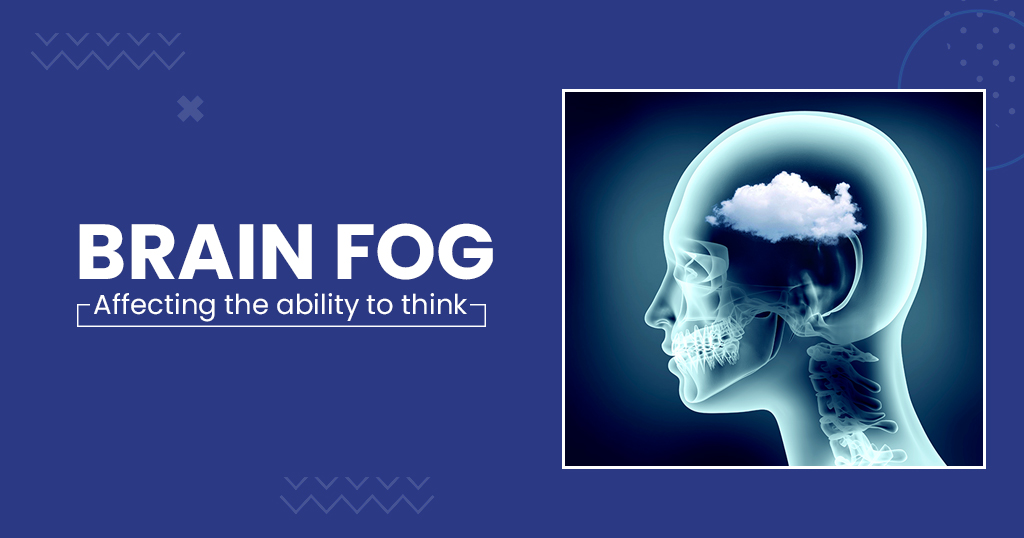The COVID-19 pandemic has presented an array of challenges and health consequences, with long COVID being a particularly concerning and poorly understood aspect. Initially recognized as a respiratory illness, COVID-19 has revealed itself to have long-term effects that can persist even after the acute phase of the infection subsides. Among these lingering symptoms, persistent headaches have emerged as a significant concern for individuals experiencing long COVID. This article delves into the emerging phenomenon of long COVID-related headaches, shedding light on its prevalence, characteristics, potential causes, and management strategies.
Another long Covid symptom emerges: Persistent headaches

Long COVID refers to a condition where individuals continue to experience a range of symptoms weeks or months after the initial infection. The symptoms can vary widely from person to person and can affect different organ systems. Common long COVID symptoms include fatigue, shortness of breath, brain fog, joint pain, chest pain, and heart palpitations. Persistent headaches have recently come to the forefront as a prevalent and troublesome symptom experienced by long COVID sufferers.
The Prevalence of Persistent Headaches in Long COVID
Recent studies have indicated that persistent headaches are one of the most prevalent symptoms experienced by individuals with long COVID. In a survey conducted by the Office for National Statistics in the United Kingdom, it was found that approximately 37% of individuals with long COVID reported experiencing persistent headaches. This suggests that headaches may be a significant burden for many individuals grappling with the long-lasting effects of COVID-19.
Characteristics and Impact of Long COVID-Related Headaches
Long COVID-related headaches are often described as intense, debilitating, and difficult to manage. They can present as migraines, tension headaches, or a combination of both. These headaches may be accompanied by other symptoms such as neck pain, sensitivity to light and sound, and nausea. The frequency and duration of the headaches can vary, with some individuals experiencing daily headaches that last for hours or even days. Such persistent headaches can significantly impact the quality of life, making it challenging to carry out daily activities, work, and engage in social interactions.
Read also : Quanterix introduces new blood test for Alzheimer’s diagnosis
Potential Causes and Mechanisms
The exact mechanisms underlying long COVID-related headaches remain unclear. However, several theories have been proposed. One possibility is that the virus directly affects the central nervous system, leading to neuroinflammation and an increased likelihood of headaches. Another hypothesis suggests that persistent headaches may be the result of vascular abnormalities caused by the virus, leading to changes in blood flow and subsequent pain. Additionally, the indirect consequences of COVID-19, such as psychological stress, sleep disturbances, and hormonal imbalances, may contribute to the development of persistent headaches.
Managing Long COVID-Related Headaches
Addressing persistent headaches in long COVID patients requires a comprehensive approach involving medical professionals from various specialties. The management strategies typically include a combination of pharmacological and non-pharmacological interventions. Medications such as analgesics, non-steroidal anti-inflammatory drugs (NSAIDs), and migraine-specific treatments may be prescribed to alleviate headache symptoms. Non-pharmacological interventions, including relaxation techniques, cognitive-behavioral therapy (CBT), and stress management, can also be beneficial in managing long COVID-related headaches. It is crucial for healthcare providers to develop individualized treatment plans that take into account the unique needs and circumstances of each patient.
Conclusion
As our understanding of COVID-19 and its long-term effects deepens, persistent headaches have emerged as a prominent symptom associated with long COVID. These headaches can be debilitating and significantly impact the daily lives of those affected. Recognizing the prevalence and characteristics of long COVID-related headaches is vital for healthcare providers to provide appropriate care and support for affected individuals. Further research is necessary to unravel the underlying mechanisms and develop targeted interventions to alleviate this distressing symptom. In the meantime, a multidisciplinary approach involving medical professionals and support systems is essential to help those suffering from persistent headaches on their long road to recovery from COVID-19.
Must read : Fluctuations in Cholesterol and Triglyceride Levels May Increase the Risk of Dementia










Leave a Reply